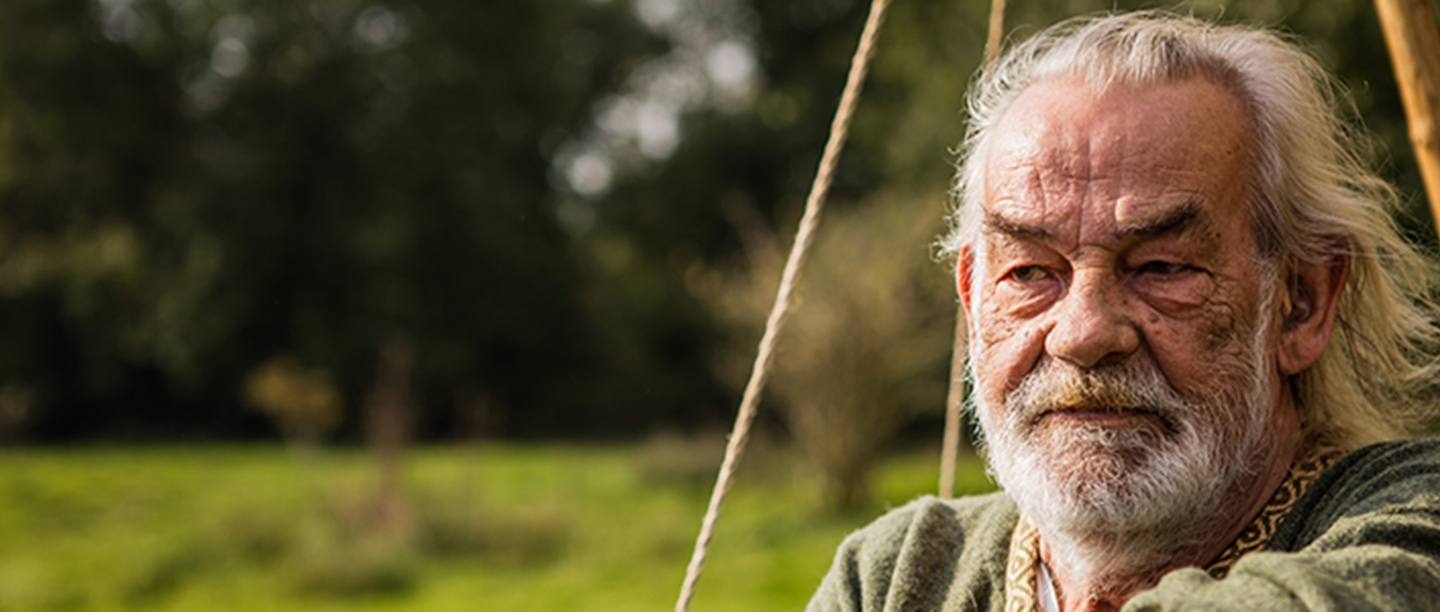
One of the most obvious changes to English culture after 1066 occurs in the names people called themselves. Most Saxon and early Celtic personal names disappeared quite quickly after the Norman Conquest. French names like William, Robert and Henry become popular among the general population – and for the first time, surnames start to appear.
Anglo-Saxons had nick-names as second names – for example, Edmund Ironside or Ethelred Unread (“without counsel”) – or names indicating their paternity, such as Cuthbert Edmund’s son, whose son would have been called Alfred Cuthbert’s son. But they did not have inherited surnames – these arrived with the Normans.
This can be seen in that most Norman of creations, the Domesday Book. In 1066 many landowners were simply referred to by their Anglo-Saxon first names, but by 1086 surnames are included.
How were surnames chosen?
Surnames were originally added to people’s first names to distinguish them from other people who had the same first name locally e.g. Robert the baker or Robert at the wood. Initially they were changed or dropped at will, but were eventually passed on from generation to generation, so that by Richard II’s Poll Tax lists of 1381 most English families had adopted the use of hereditary surnames.
Some surnames – like Smith – pre-date the Norman Conquest
However, some names from before the Norman Conquest survived long enough to be inherited directly as surnames, such as the most common Anglo-Saxon surname, Smith. The Norman counterpart to smith would have been a farrier, or ferrier, a worker in metal, which appears in surnames like Farrah or Farrar, whereas the Celtic version of the same occupation is gobha, from which come the surname Gow, Gowan and Gove.
Place names in French also appear in seemingly English surnames such as Disney, which comes from French D’ Isigny (Isigny a village in Normandy near Bayeux). There are exceptions, such as the surname Telford, which doesn’t come from the English town at all. The town was named after Thomas Telford, a Shropshire engineer who was inspired by Abraham Darby’s Iron Bridge at Coalbrookdale.
Ironically the surname Telford is derived from a Norman nickname “taille fer,” meaning ‘cuts iron’, indicating a possessor of great strength. The first man killed at the Battle of Hastings was said to be William’s minstrel, Guy of Amiens, nicknamed Taillefer.
Investigate your origins
So if you are interested in a more personal look at history, a good place to start is your own surname’s origins. But remember, if you have a French surname, it does not necessarily mean your family came from France.
Most people were and continued to be of English descent, with only a small number of Norman nobles and their retainers living in England. Instead a French derived name might have been taken for status, or because you were working for a Norman noble who listed your occupation in French, such as John the charpentier or Carpenter, which in English would have been Wright. However, if you have a surname which comes from a French place name you are much more likely to be descended from a Norman forebear.
Meet the people of 1066
It’s the 950th anniversary of the Battle of Hastings and we’re following the events of 1066 month by month as they unfold, all year, on Twitter – just search for #Battle1066.
You can find out more about the people of 1066 on the English Heritage website, and read a round up of the story of the Norman Conquest starting here on the blog.
As we draw closer to the time of the battle, it’s time to decide – are you on Team Norman or Team Saxon? Take our quiz and discover your allegiance.
Editors note: this post has been edited to properly attribute the building of Iron Bridge to Abraham Darby, rather than Thomas Telford. The idea was originally suggested by architect Thomas Pritchard in 1773, and we mixed up our Thomases. Thank you to everyone who picked up on the error.